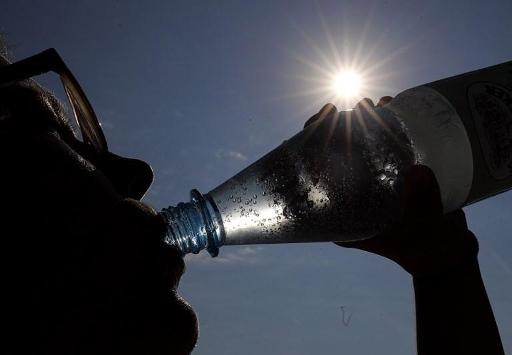Every week, the average human ingests around 2,000 particles of microplastics — or the equivalent in weight of a bank card, a new study published on Wednesday shows.
Beer, shellfish, salt and water are the products found to contain the most quantities of microplastics by the study, which was led by researchers of the University of Newcastle, Australia and commissioned by the World Wildlife Fund for Nature (WWF).
By analyzing over 50 different studies into plastic ingestion by humans, researches found that the average person is eating and drinking 5 grams of microplastics each week, or the weight equivalent of a regular credit card.
The biggest source of plastic ingestion was found to be water — both bottled and from the tap, but microplastic-concentrations vary in different world regions.
Shellfish is the second most common source of human plastic ingestion, followed by beer and salt, the study shows.
"For the first time, this study offers precise estimations on the amounts of plastic ingested by humans," Dr Thava Palanisami, who took part in the study, said, adding that it could provide a basis for future studies on the health impacts of plastic-ingestion.
The WWF said the results of the study should "ring the alarm for governments."
"Plastics are polluting not only our oceans and waterways but also marine life and humans. Urgent, global action is needed to face this crisis."
Gabriela Galindo
The Brussels Times

